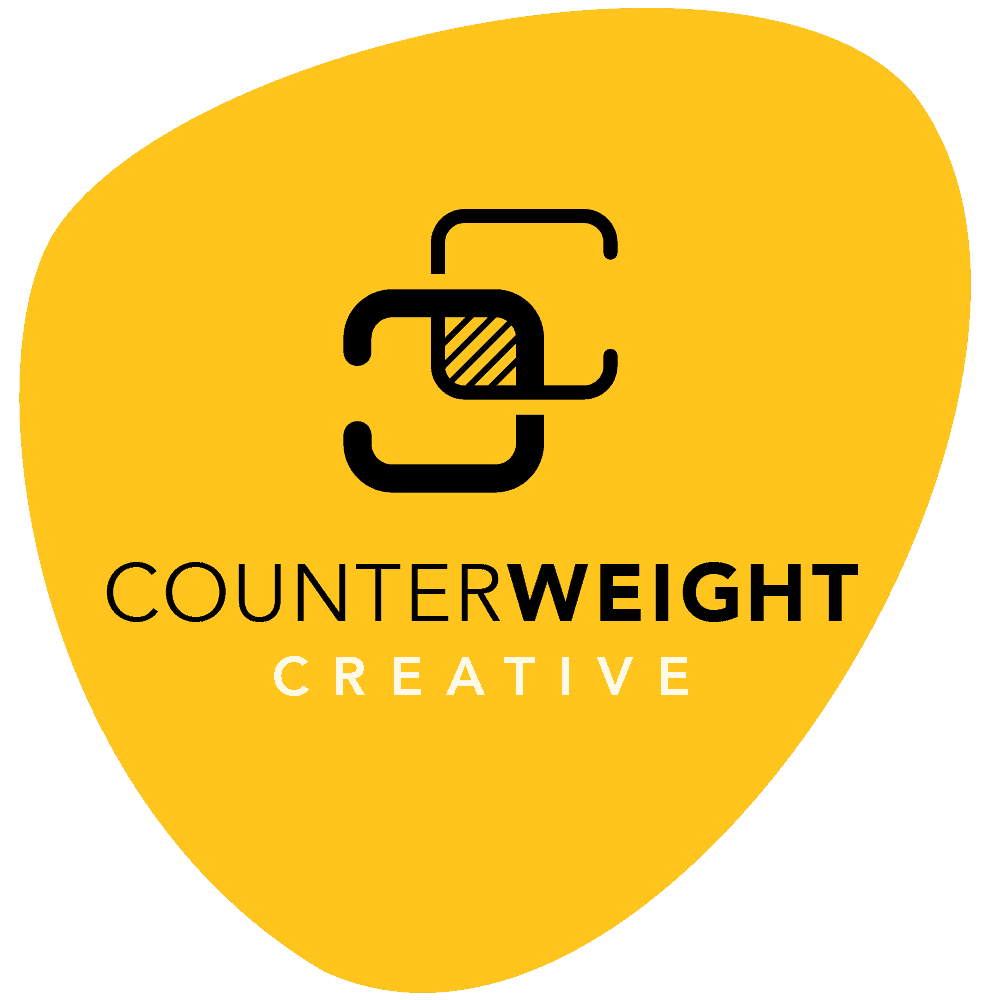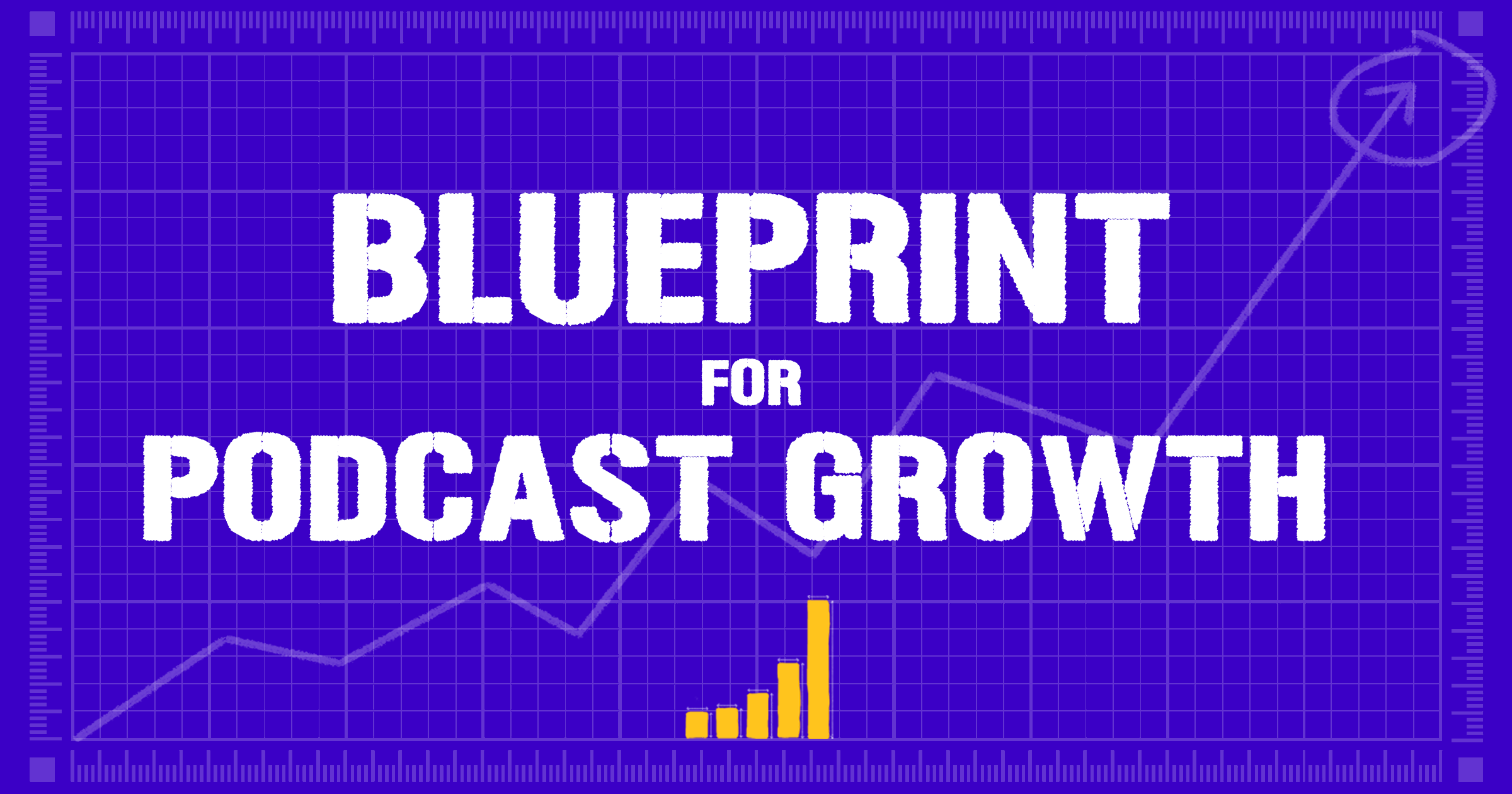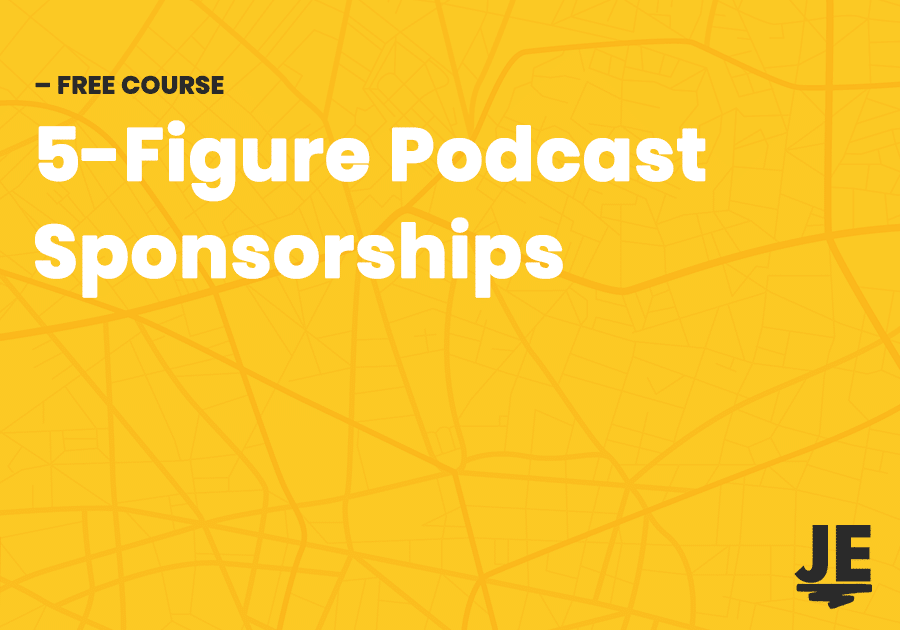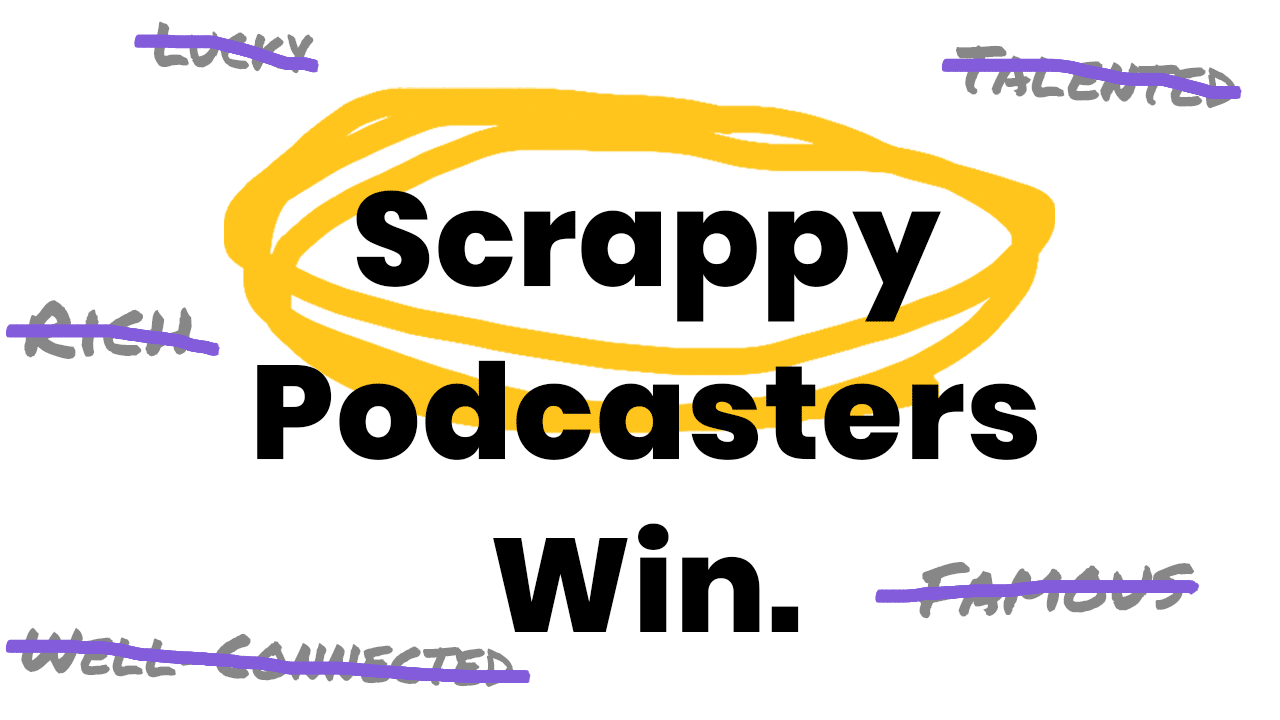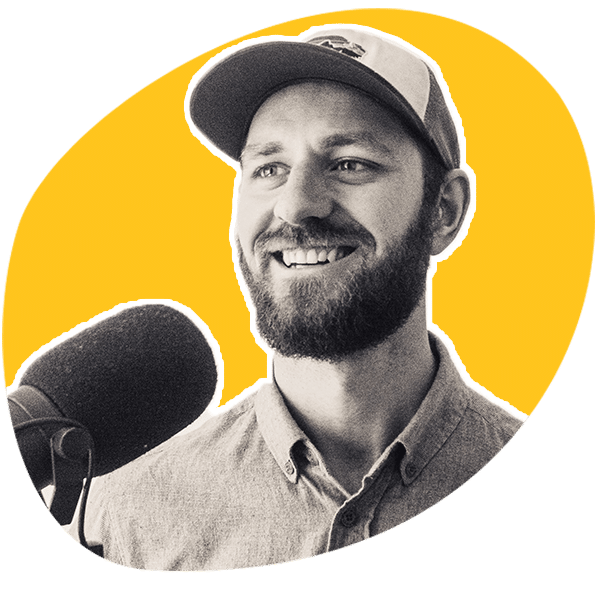Alright, superawesomeultracoolpodcasters*, today I want to talk about a topic that might annoy some people out there, but one that also annoys me whenever I see this comment in forums, which happens ALL. THE. TIME.
* Does anyone know how we can get that submitted to Webster’s dictionary?
Ok, you know what. That was a terribly constructed sentence up there. Let’s start over and not speak of that again.
Ahem.
Today we’re talking about the many variations on the all too common phrase “I don’t edit or outline/script my podcast because I want it to sound natural and conversational.”
Ugh.
Ok, so I’m two sentences in (if we’re ignoring that weak first attempt at the start to the article…) and I feel like I need to offer a caveat to placate some people who might already be annoyed by the fact that I could possibly take issue with the aforementioned approach to podcasting.
So here goes, I’ll make it very plain.
I think you can flip editing and outlining/scripting your podcast the bird in the following situations:
- You’re a trained interviewer with decades of experience in guiding conversations
- You’ve met the above condition PLUS your guests are all also seasoned speakers and conversationalists
Even if you didn’t meet those requirements, there’s still one more condition shining like a beacon of hope in the distance, which is as follows:
- You don’t care whether anyone ever listens to your show. You’re doing it entirely for yourself, have no aspirations to build an audience or profit from your podcast at any point. If this is you, that’s super cool. I wish you all success in the world and conduct your podcast however the hell makes you happy!
Now For The Rest Of You…
Ok, so that leaves a lot of podcasters, in fact, I would say most podcasters who do want something more for their podcast than just bringing them warm feels (although hopefully your show does that as well).
Now, this topic gets into the issue of what does success look like for you when it comes to your podcast, and that’s different for everyone, so I’m going to try not to get too prescriptive with my advice on how you should conduct your show.
A podcast you’re hoping to have fun doing and bring in an extra $1000 month likely isn’t going to require the same amount of work as a podcast that you’re hoping to funnel people into a multi-million dollar business ecosystem. Obviously, there’s a lot of middle ground in there as well, and the amount of work corresponds accordingly.
Regardless of what your goals are, I’m assuming you would like your podcast to be as successful as possible within your niche. That’s probably why you’re here now reading this article, and if that is, in fact, the case think about it this way:
The podcasting world is getting ever more crowded and competitive. Do you really think you can achieve better results than the dozens, hundreds, or thousands of other podcasters in your niche by putting in less effort than them?
Yeah, Yeah, I Know You’ve Got A Counter Argument…
Alright, so there are a couple of examples that come to mind pretty quickly as interviewers and podcasters who seem not to be putting a ton of work into their podcasts, let’s look at two of the examples I hear regularly.
Larry King
I’ve talked about this excuse and why it’s dumb before, but let’s recap.
Larry has stated on many occasions that he never prepared for the interviews with his guests, and that it helps him come in with a sort of naiveté and just follow his curiosity.
It’s a romantic idea, I get it, but here’s the thing. By the looks of him, Larry has been conducting interviews for about 187 years. That’s a long time over which to perfect the art of interviewing to the point where it’s ingrained in him. He may very well be one of the greatest interviewers of all time.
Can you honestly look in the mirror and say you’re at that level?
I’m guessing not, and that’s ok, we all need to start somewhere. It just means that you (and me, and most of us) need to put in some effort before our interviews and do some research on our guests or topics.
Now let’s look at a famous podcaster whom a lot of people seem to think leaves his shows almost entirely unedited.
Tim Ferriss
Alright, so I’m a big fan of both Tim Ferriss and his podcast, The Tim Ferriss Show, and I see where this idea has come from that he doesn’t edit, as he’s made a few comments on the show that seem to lead in that direction. Alas, ’tis but a myth.
I know some of the guys who do in fact edit his show, and you can also (very) occasionally hear edits when listening to his show, especially if you’ve spent thousands of hours making edits yourself.
Now, to be fair, Tim’s show is not highly edited, as in every “umm” and “ahh” taken out for maximum tightness, and that’s the point. See, Tim is someone that wants his show to come across as conversational, and that feeling, in fact, adds to the presentation of the show, but he still has it edited to some extent.
There’s a balance to be found between conversational and engaging, which is often found by editing on a more macro scale, cutting out larger sections of the conversation where the flow lags, rather than taking out every breath and filler word.
One more point on Tim’s show. One of the reasons he can pull off such a smooth conversational-style show is because he is very clearly prepared for his guests and knows exactly where he wants to take the conversation and what his intention behind the talk is. That’s not to say he won’t veer down some side roads over the course of the interview*, but he goes in with a set list of topics he absolutely wants to cover, and some questions laid out in advance on how to bring those topics up and get the answers he’s hoping for.
* I’m guessing a lot of those side roads lead nowhere and get cut from the final episode
The Relationship Between Editing And Preparation
So Tim’s example actually brings us right into the inverse correlation between the time you spend editing and the time you spend preparing. Basically, in order to achieve roughly the same quality of final podcast, the less time you spend on one of the two tasks, the more you’ll need to spend on the other.
If I had to pick one, however, I would always recommend spending more time on the preparation end of things. You’ll know more about your guest(s) or topic, ask better questions, and have a flow laid out for the conversation before it even begins. This makes your job as an editor A LOT easier.
Keep in mind that the same also applies to non-interview shows, whether that be a solo show, a roundtable, or a narrative style podcast. Time spent on the upfront work almost always pays off in a reduced workload on the back end, with the benefit of smoother flowing content as the cherry on top.
The Real Argument To Work At Your Podcast
Ok, so to this point we’ve kinda been focusing on the reasons why you as a host should care about the amount of work that goes into your show. But in fact, there is one larger overarching reason as to why you should consider tightening up your podcast, and it has nothing to do with you.
That reason? Your audience.
You see, you might listen to your podcast and the lightheaded banter, the tangents you depart on, and the rabbit holes you dive into that comprise it and hear a fun show filled with good information. But let’s face it, you are extremely biased!
What’s more, you might have way more context for the aforementioned tangents and banter than your audience does, and instead, they might be listening to a podcast with some good tidbits surrounded by unengaging fluff and inside jokes.
Again, if you’re producing your show strictly for yourself, your friends, or your mom, that’s cool, I’m sure it’s a fun podcast. But if you’re hoping to expand to a wider listener base, you’re going to need to deliver a tighter, more actionable, engaging product from start to finish, and you’re going to need to do it consistently.
At the very least, start approaching your conversations with a clear idea of what you want your listeners to get out of the episode, and how you’re going to deliver that. If you want to go deeper, start listening through your episodes and making notes on where the high points and low points are of the episode, and where your attention starts wandering or you find yourself reaching for your phone to check Facebook.
I get the sense that a lot of the podcasters who make arguments for preserving the “conversational” nature of their shows never actually listen through their own shows objectively to looks for areas of improvement. Trust me, this exercise goes a LONG way.
Always keep in mind that you’re producing the show for your audience, and not for you. I mean, hopefully you’re getting something out of it and it’s an experience that adds to your life, but really, the content is aimed at your listeners right? Make it as easy for your listeners as possible to take in that content and absorb it, because ultimately, before the audience growth, monetization, and accolades from world leaders as you tour the world with your podcast, you need engaged, excited listeners.
If you’re wanting to take your interviews up a notch with some pre-planning to help you map out the flow of your conversation, and what you’d like your listeners to take away from your episode, feel free to download the free Kick-Ass Interview Planner I’ve cooked up, just for you!
It will help you map out the flow of your conversations beforehand, define the topics and points you want to cover, and result in a tighter, more engaging podcast!
I know this topic might have upset some people, and if you’re one of those people, I’d love to hear from you! Tell me off in the comments and point out where I’ve got it wrong. Please, just write anything, have you seen the comments section down there? It’s like a ghost town. Look! There goes one of those cliche tumbleweeds now…
- Why Wouldn’t They Just Google It? - March 14, 2021
- Before You Can Market Your Podcast, You Need To Create A Marketable Podcast - March 11, 2021
- Podcast Promotion & Marketing Are Different (Here’s How to Use Each Effectively) - March 10, 2021
